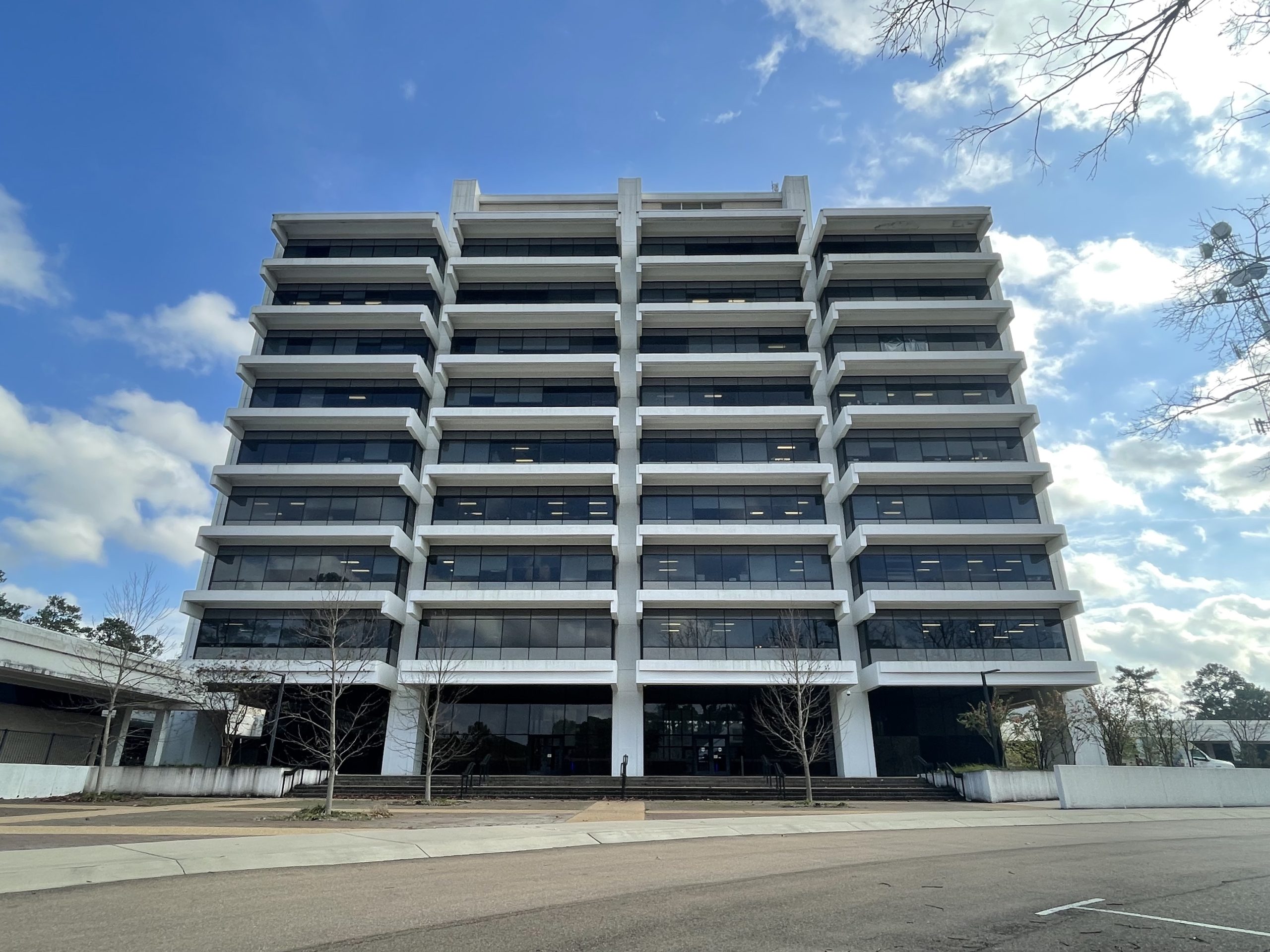Mississippi Today
How does IHL’s secret presidential search process compare to other southern states?

How does IHL’s secret presidential search process compare to other southern states?
The list of applicants for the top job at the University of Arkansas, Fayetteville, included a familiar name to many Mississippians: Rodney Bennett, the recently departed president of University of Southern Mississippi.
Bennett’s name, along with 20 others, was published by a local newspaper earlier this year on July 14, his second-to-last day in the Dome. The governing board in Arkansas had released the list under the state’s open records law which mandates that the names of all applicants for public office, even unsuccessful ones, are subject to disclosure.
But in Mississippi, Bennett’s replacement was determined through a process that operated almost entirely in the dark.
Here, applicants for the position of college president are considered confidential and therefore exempt from public records requests. At USM, the campus didn’t know who was being considered for the job until late October when the Institutions of Higher Learning Board of Trustees suddenly cut the search short and announced it was permanently hiring Joe Paul, the interim president, without advertising the position.
Across universities in the Southeast, Mississippi and Arkansas represent two extremes – total secrecy and complete openness – in the often controversial search process for identifying leaders of public universities, according to a review by Mississippi Today of state statutes, governing board policies and news articles. Arkansas is the only Southern state that has a search process that is entirely transparent, while Mississippi is one of three states that keep secret all applicants but the sole finalist.
Judith Wilde, a professor at George Mason University who studies presidential searches, described searches like this: “It’s sort of like in the ‘Wizard of Oz:’ At the end they raise the curtain, and there is one person.”